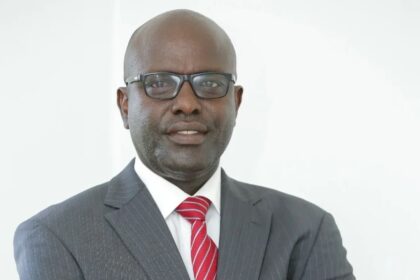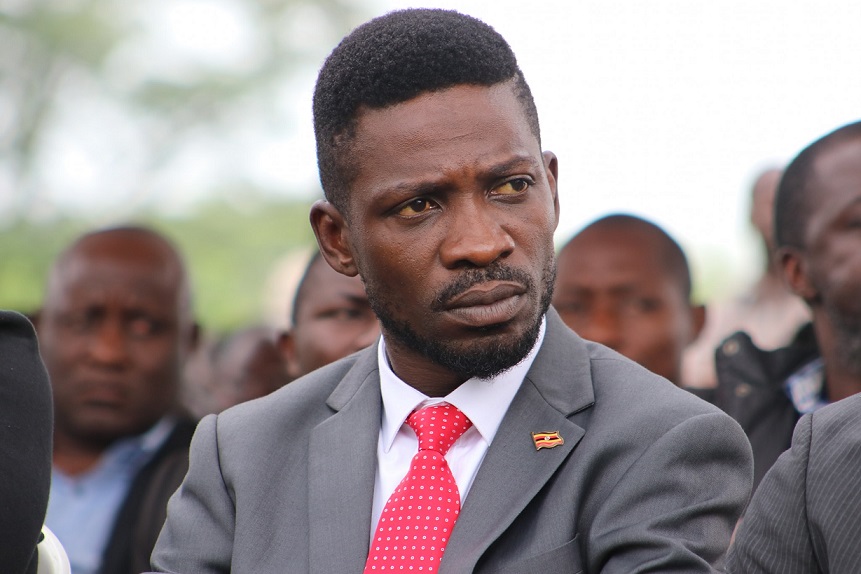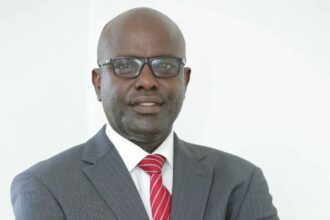More students from rural areas can now access reliable Internet services thanks to the intervention of Uganda Communications Commission (UCC), through the Rural Communication Development Fund (RCDF).
This follows the Northern Uganda regional launch of the second phase of the school connectivity project under which academic institutions are supported with reliable internet services to improve the quality of education in rural schools.
Addressing a gathering of mostly school heads at the event in Gulu last week, Mr. Nyombi Thembo, the Director RCDF, said the project aims to empower students in rural areas through modern teaching methods such as e-learning, as well as ICT integration in teaching and research.
“We are launching the school connectivity project of the second phase, where we are connecting one hundred schools (100) to the Internet, delivering to them a dedicated Internet link of 5mbps,” he said.
The first phase, which saw 800 schools connected, only delivered a dedicated Internet link of 256kbps.
According to heads of schools we spoke to, the first phase yielded mixed results.
“After we stopped paying for bandwidth, most of the schools couldn’t afford to pay. So the project didn’t do as well as we wanted,” Nyombi admitted. He explained that this time round the project has been redesigned after learning from the first phase.
Nyombi added that schools are now able to pay for bandwidth because Internet costs have reduced by more than 10 times since the first phase was implemented. School heads and teachers have also been sensitized more about the need for ICT in education.
To ensure lasting impact, RCDF has designed a three-year exit strategy under which it plans to progressively drawdown its support from 100% to 70% to 50% of the total cost of bandwidth, as it prepares beneficiary schools to eventually absorb the total costs.
These changes, Nyombi said, will improve the sustainability of the project. Under this project, the government has so far connected 90 percent of secondary schools with computer laboratories and the Internet, and is moving to consider primary schools.
UCC currently works with Research and Education Network for Uganda (RENU) to deliver faster and more reliable internet connections, empower teachers through technology while improving the quality of teaching for learners.
“What if you are a rural school in Uganda and get 5mbps Internet connection and 40 computers? How will teaching and learning change,” asked Kalema Golooba, an ICT expert who spoke at the event. “This is the question head teachers from Northern Uganda whose schools have been selected to get high speed internet by UCC are grappling with.”
Describing it as a great opportunity for schools in Uganda, Golooba added: “There is work to do in capacitating teachers, sensitizing leaders and generating high quality digital content to realize the dream – technology fused into all the operations of schools, so deeply integrated that it becomes invisible.”
The main goal of the one-day event was to sensitise head teachers and heads of ICT departments in the beneficiary schools to understand their role in the success of the project.
Sister Grace Achiro, the head teacher Ediofe Girls SS in Arua District, a school that boasts of 61 working computers all obtained through UCC assistance, was declared the best in ensuring project sustainability.
“That time (2012) we had power problems but now we are able to use the computers almost every day,” said Sr. Achiro whose school has 800 students.
Mandated to promote the development of communications infrastructure in the country, among other roles, UCC has over the years worked through the RCDF to support schools in the rural areas to leverage ICTs in the learning process.
Following last week’s Northern Uganda regional launch, the second phase of the school connectivity project was launched in Mbale on Wednesday, July 24, 2019. The Western Uganda launch will take place in Mbarara on August 31, 2019, and lastly Kampala on September 8, 2019.
Do you have a story in your community or an opinion to share with us: Email us at Submit an Article






